Jan. 6 Capitol riot committee members are tightlipped on what to expect in this week's hearings
The second public hearing on the Jan. 6 probe is slated to begin at 10 a.m. ET on Monday.

Members of the Committee attend the public hearing of the U.S. House Select Committee to Investigate the January 6 Attack on the United States Capitol, on Capitol Hill in Washington, U.S., June 9, 2022.
Jonathan Ernst | Reuters
Members of the House select committee investigating the Jan. 6 Capitol riot were tightlipped about what to expect in this week's public hearings, giving few details beyond their road map to prove that former President Donald Trump is to blame for the efforts to overturn the 2020 election results.
The first public hearing held by the nine-member committee happened on Thursday evening, and three more days of hearings have been officially scheduled for Monday, Wednesday and Thursday this week.
Among the revelations from the first hearing was that multiple Republican congressmen asked for presidential pardons. Rep. Liz Cheney of Wyoming, the committee's vice chair and one of its two Republican members, named Rep. Scott Perry, R-Pa., as one such representative. Perry has denied the claim, calling it a "shameless" and "soulless" lie.
The identities of the other congressmen who sought pardons remain unknown, but several members of the committee said during Sunday television appearances that they believe that those requests show they knew they were doing something illegal.
"To me, I think that is some of the most compelling evidence of consciousness of guilt. Why would members do that if they felt their involvement in this plot to overturn the election was somehow appropriate?" California Rep. Adam Schiff said on ABC's "This Week."
Illinois Rep. Adam Kinzinger, the other Republican representative on the Jan. 6 committee, echoed that thought in an appearance on CBS's "Face the Nation."
"In general, if someone asks for a pardon, it's because they have real concern that they've done something illegal. I'll leave it at that, but I'll say that more information will be coming," he said.
New York Rep. Alexandria Ocasio-Cortez, who is not on the committee, said on CNN's "State of the Union" the same day that every member of Congress should be able to answer if he or she requested a pardon.
"When you don't know which of your colleagues were part of a potential conspiracy, then we need to find out," Ocasio-Cortez said. "I believe that the committee would never make an allegation so serious without very substantial evidence to present to the American public."
Maryland Democratic Rep. Jamie Raskin, who sits on the select committee, said that the investigation isn't just for the public.
"I suppose our entire investigation is a referral of crimes both to the Department of Justice and the American people, because this is a massive assault on the machinery of American democracy," he said during an appearance on "State of the Union."
But he fell short of saying that the Department of Justice should indict Trump, instead saying that he is respecting the independence of law enforcement. Schiff, for his part, told ABC's Martha Raddatz that he wants the DOJ to investigate.
"I would like to see the Justice Department investigate any credible allegation of criminal activity on the part of Donald Trump or anyone else. The rule of law needs to apply equally to everyone," Schiff said.
Monday's hearing is slated to begin at 10 a.m. ET. The committee is expected to focus on Trump's misinformation campaign and the lack of evidence supporting allegations of election fraud.

 Kass
Kass 







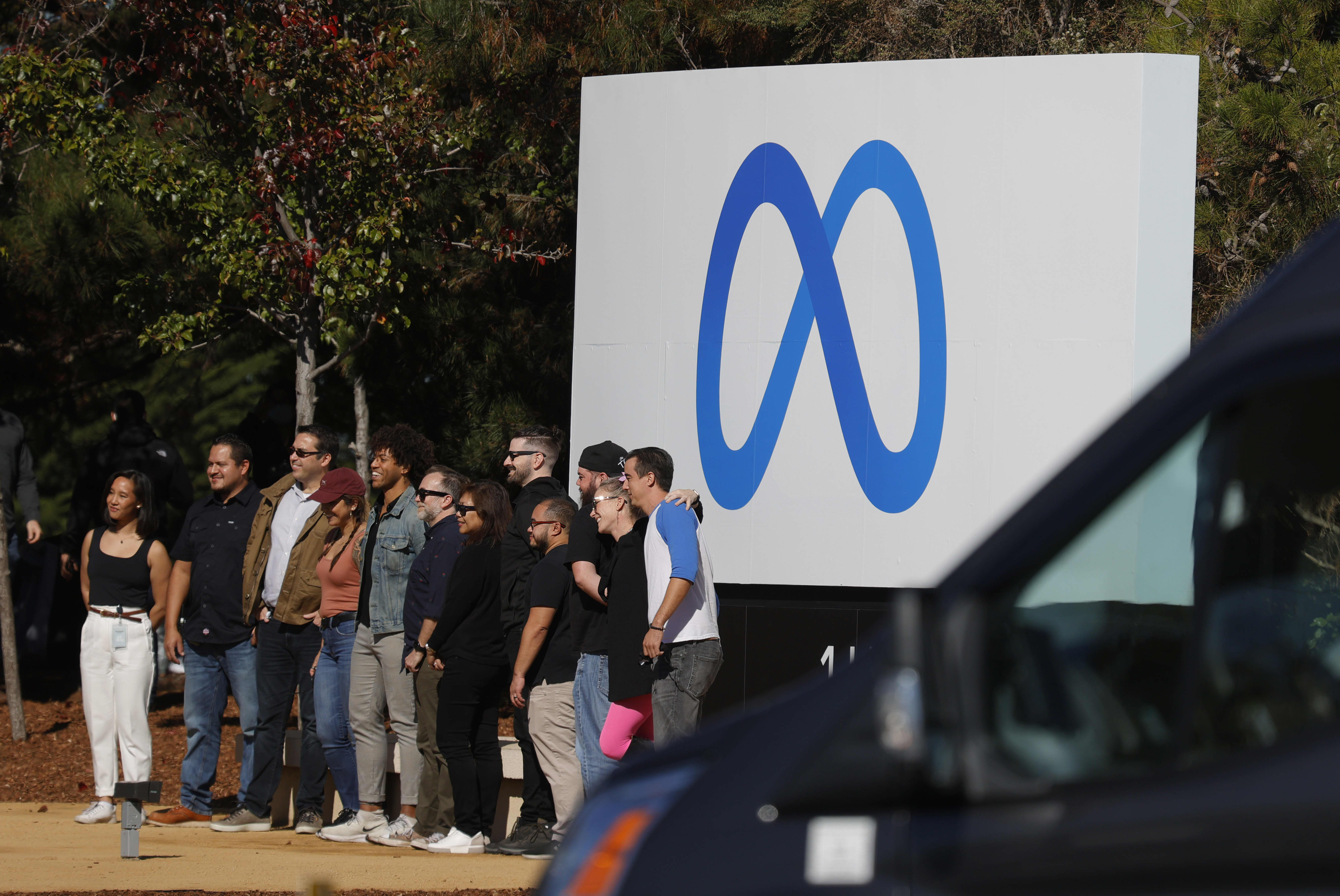


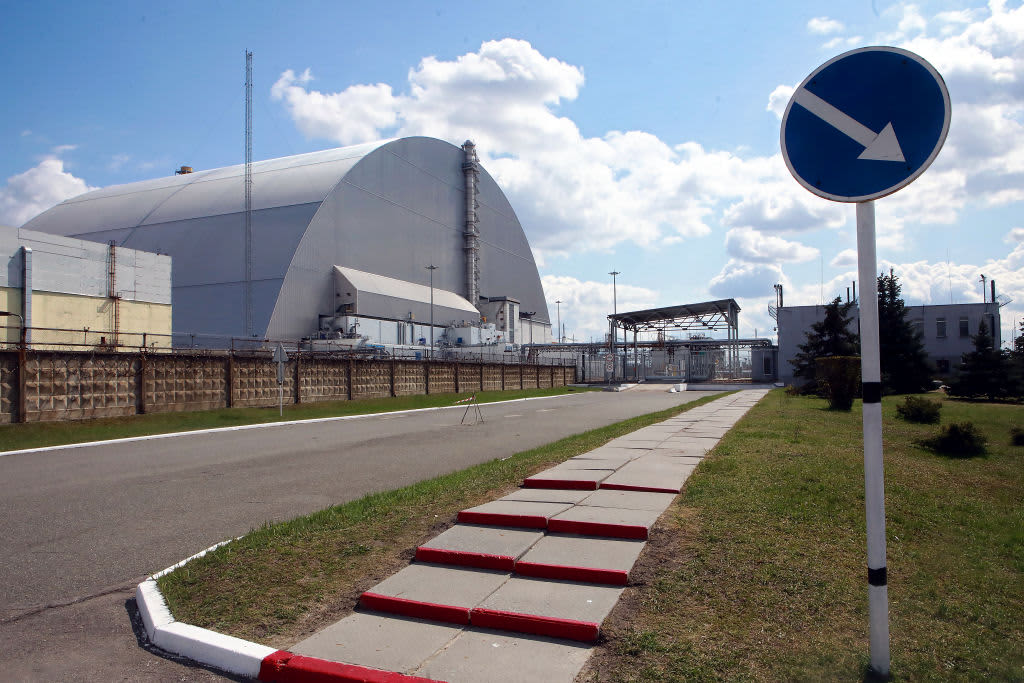

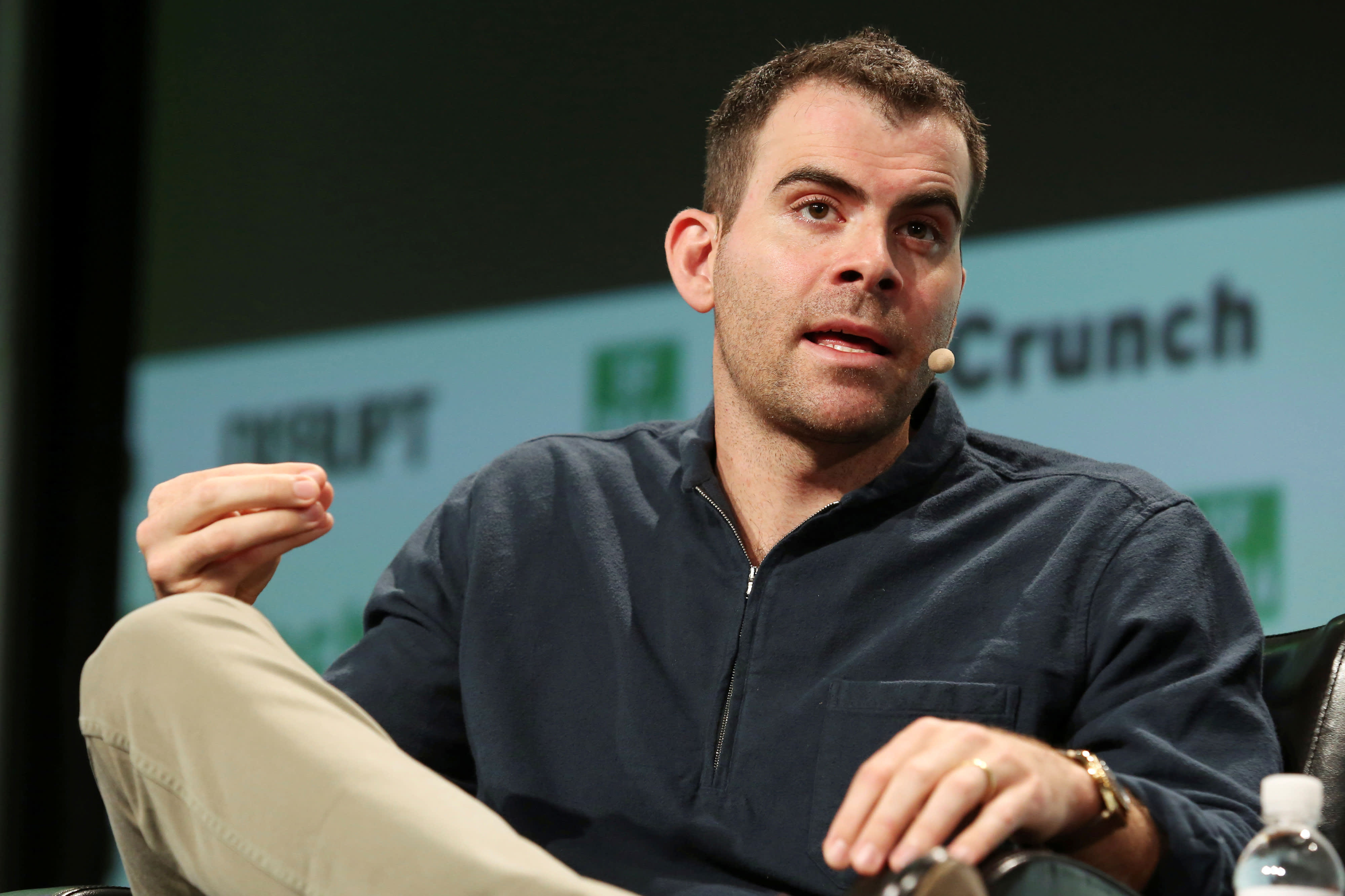








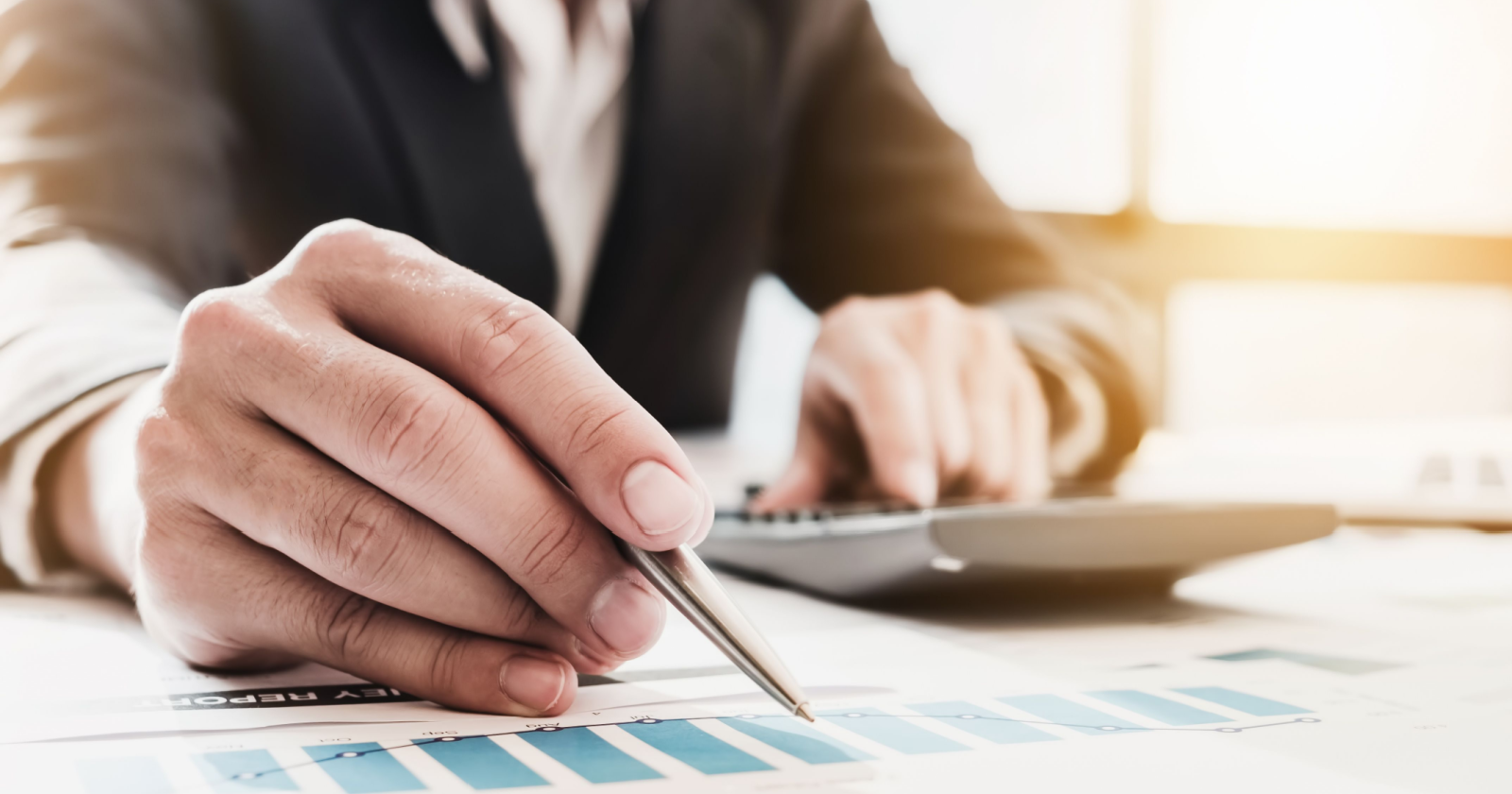
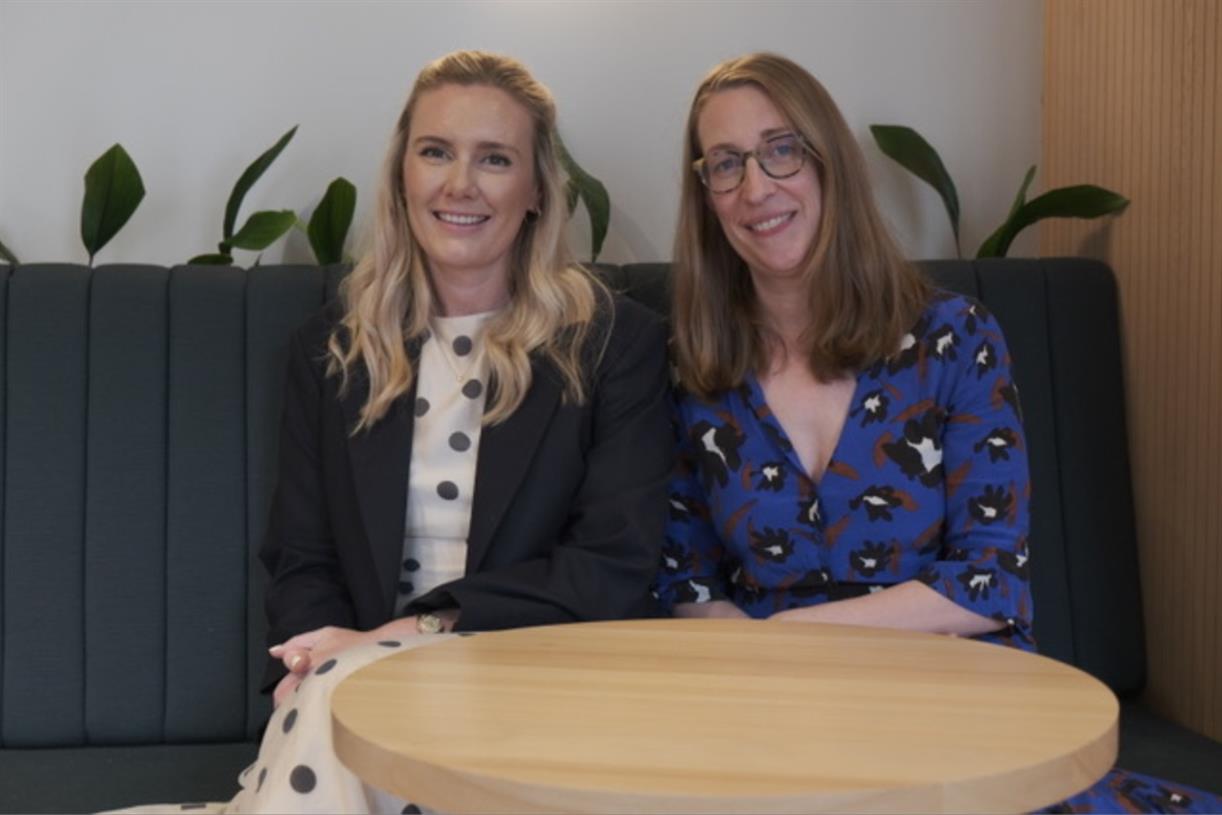
.jpg)








